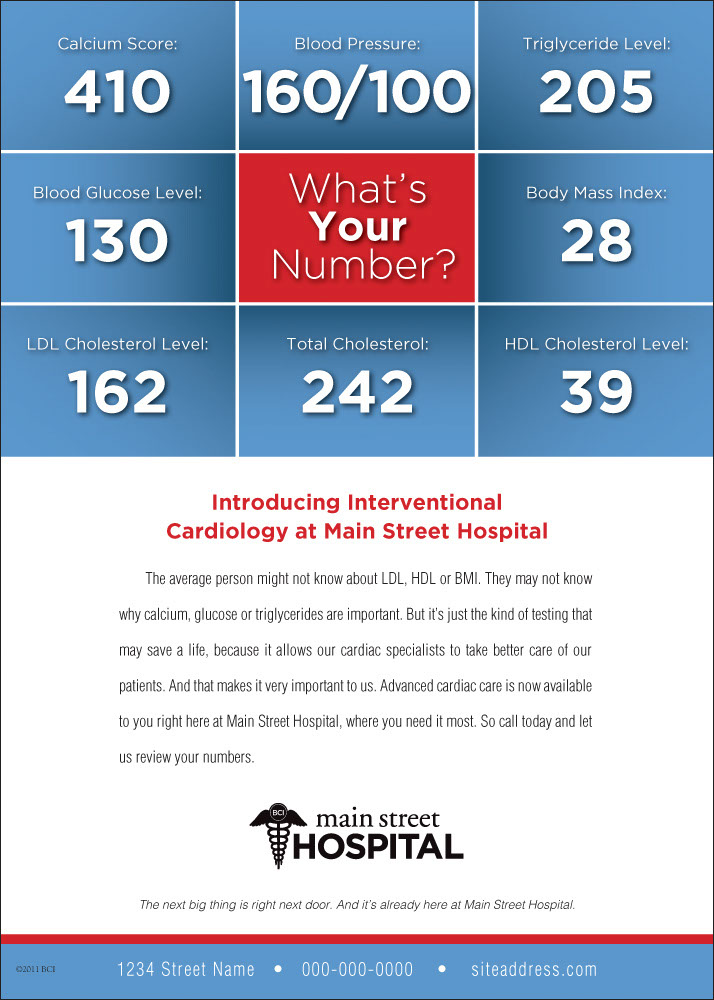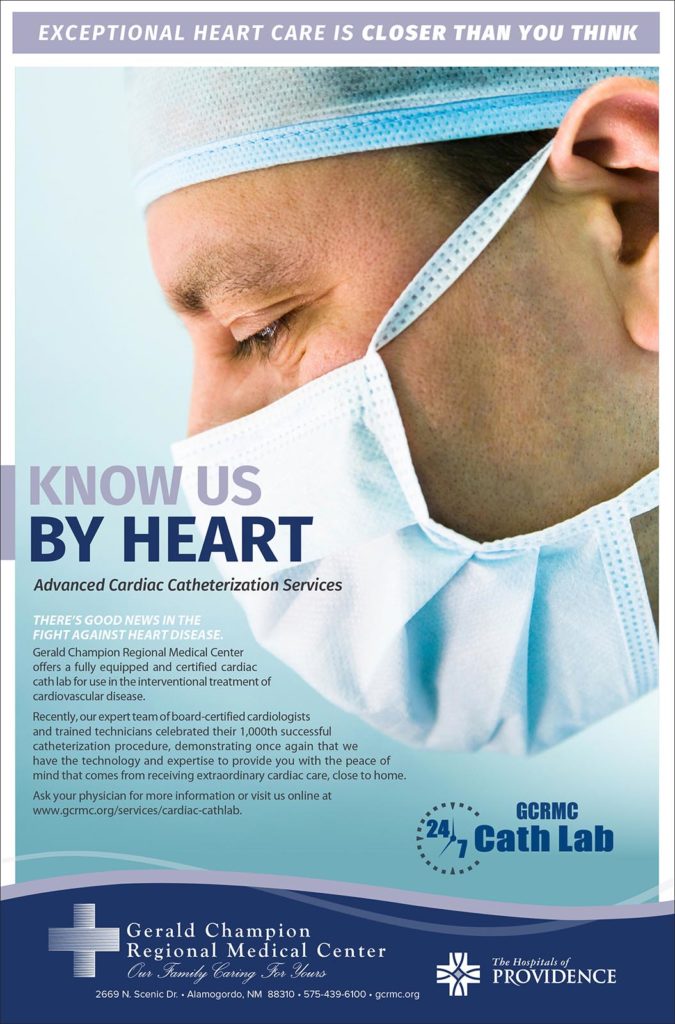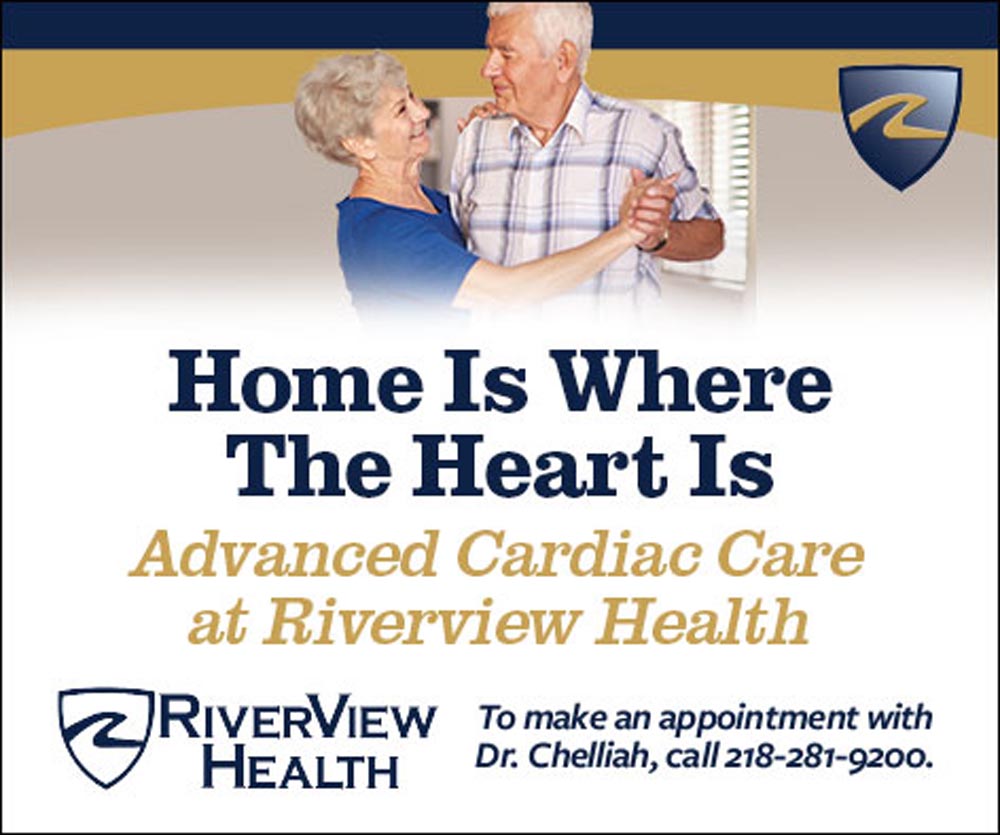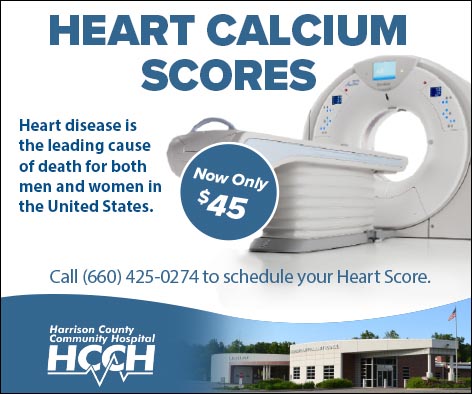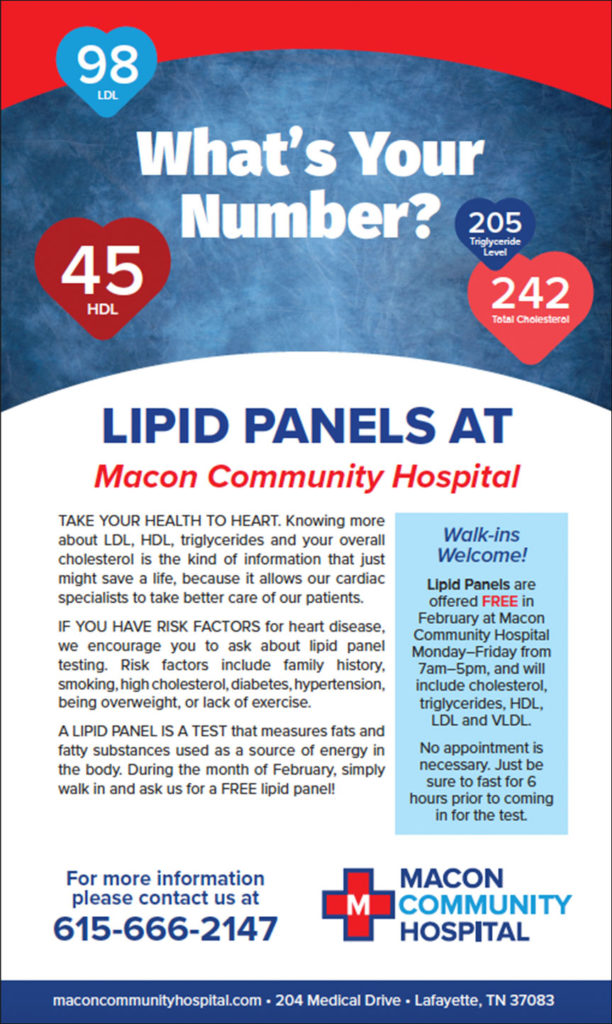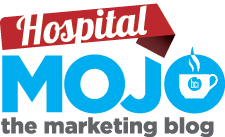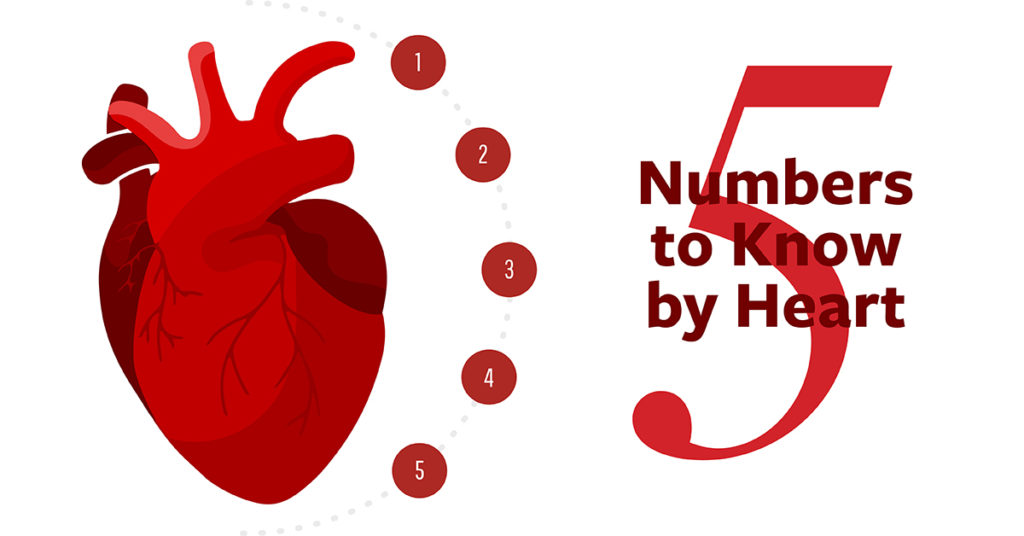
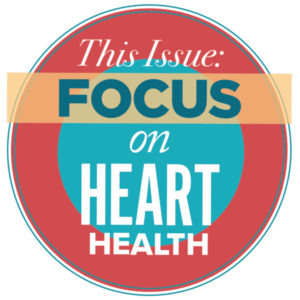 The key to a healthy heart is to lower your risk for heart disease by tracking these key numbers.
The key to a healthy heart is to lower your risk for heart disease by tracking these key numbers.
1. Blood Pressure
Key Number: 120/80 or below
Blood pressure (BP), also called hypertension, is the force of your blood against the walls of your arteries. If your blood pressure is more than 120/80, but less than 140/90 most of the time, you have prehypertension. If your blood pressure is usually 140/90 or higher, you have hypertension or high blood pressure. High blood pressure is a major risk factor for heart disease because it puts a strain on your heart. It can also be a sign that you are at risk for other serious medical conditions such as stroke, kidney disease and peripheral artery disease.
2. Cholesterol and Triglyceride Levels
Key Numbers: 200 or below for Cholesterol and 150 or below for Triglycerides
Cholesterol is a soft, waxy substance found in the blood and the body’s cells. Too much cholesterol can lead to heart disease. A simple blood test can measure your cholesterol levels.
Desirable Cholesterol Levels:
Total Cholesterol: Less than 200 mg/dl
LDL (“Bad”) Cholesterol: Less than 100 mg/dl
HDL (“Good”) Cholesterol: 60 mg/dl or greater
Triglycerides are another type of fat found in the blood. Levels of triglycerides above 150 milligrams can increase your risk for developing heart disease, diabetes and other serious medical conditions. If you eat more calories than you burn on a regular basis, especially high-carbohydrate foods, you may develop high triglycerides.
3. Waist Circumference
Key Numbers: 35 inches or less for women and 40 inches or less for men
People who carry too much weight around their abdomen have a higher risk for heart disease, type 2 diabetes and premature death.
4. Body Mass Index (BMI)
Key Number: 24.9 or Less
Your Body Mass Index (BMI) compares your body fat to your weight and height. High levels of body fat, indicated by a BMI of 25 and above, increase your risk of heart disease.
Less than 18.5: Underweight
18.5 to 24.9: Normal Weight
25 to 29.9: Overweight
30 or greater: Obese
5. Blood Sugar Level
Key Number: Less than 100 (after fasting)
When being tested for your blood sugar level, also called your blood glucose level, you’ll be asked not to eat for several hours before the test. A high blood sugar level may indicate you have diabetes, which can damage your heart and blood vessels.
Less than 100 mg/dl: Normal
From 100 to 125 mg/dl: Prediabetes
More than 125 mg/dl: Diabetes
Marketing Application
February is American Heart Month. As a result, overall awareness of heart health is extremely high for this important and serious medical condition. Consider using this opportunity to raise awareness about heart disease and the wide range of heart health services available through your hospital and clinics. Cardiologists, internal medicine providers and cardiac rehab specialists are the appropriate voices to promote this awareness. Effective marketing tools might include social media, digital media and print, in tandem with a strong call to action to learn more about heart disease and to schedule an appointment with a local provider.
About Brentwood Communications, Inc.
Brentwood Communications specializes in healthcare marketing. Through our monthly AdBank subscription service, thousands of field-tested marketing materials — including content related to health and wellness — are available and can be easily customized to reflect your hospital or clinic’s existing brand.
Click here to discover more about AdBank and how Brentwood Communications specializes in providing marketing support for non-urban hospitals.

Brentwood Communications also helps hospitals stay in touch with their communities through an informative and cost-effective digital and printed magazine called My Hometown Health, a powerful tool to help promote better health and raise awareness of key services available at the hospital. Grammy and Dove Award winner Amy Grant is featured in the current Winter 2022 magazine. Amy talks openly about her open-heart surgery and encourages readers to live a heart-healthy life.
Brentwood Communications makes creating and publishing a customized, local community health magazine easy and convenient. Click here to learn more, or contact us by email.

